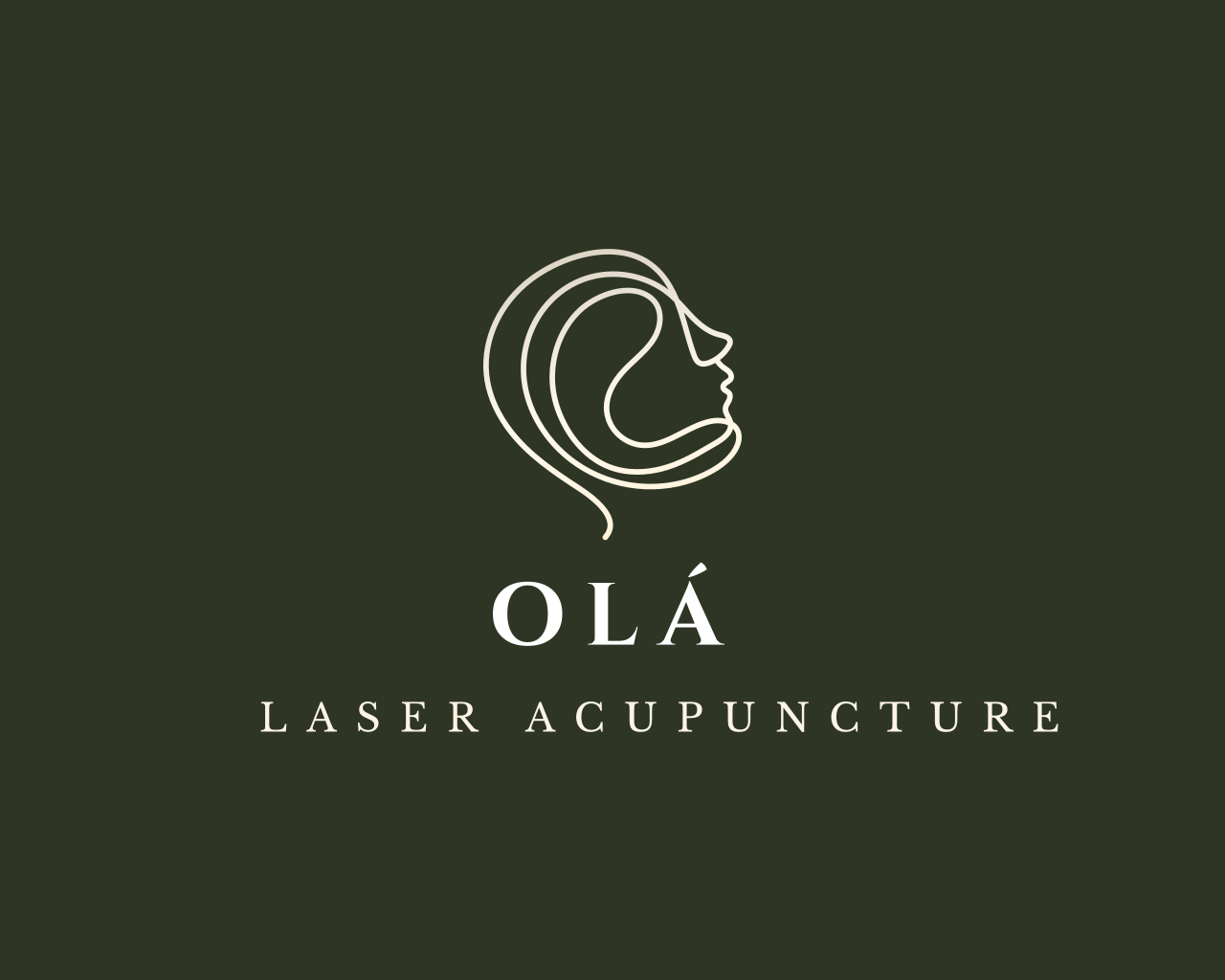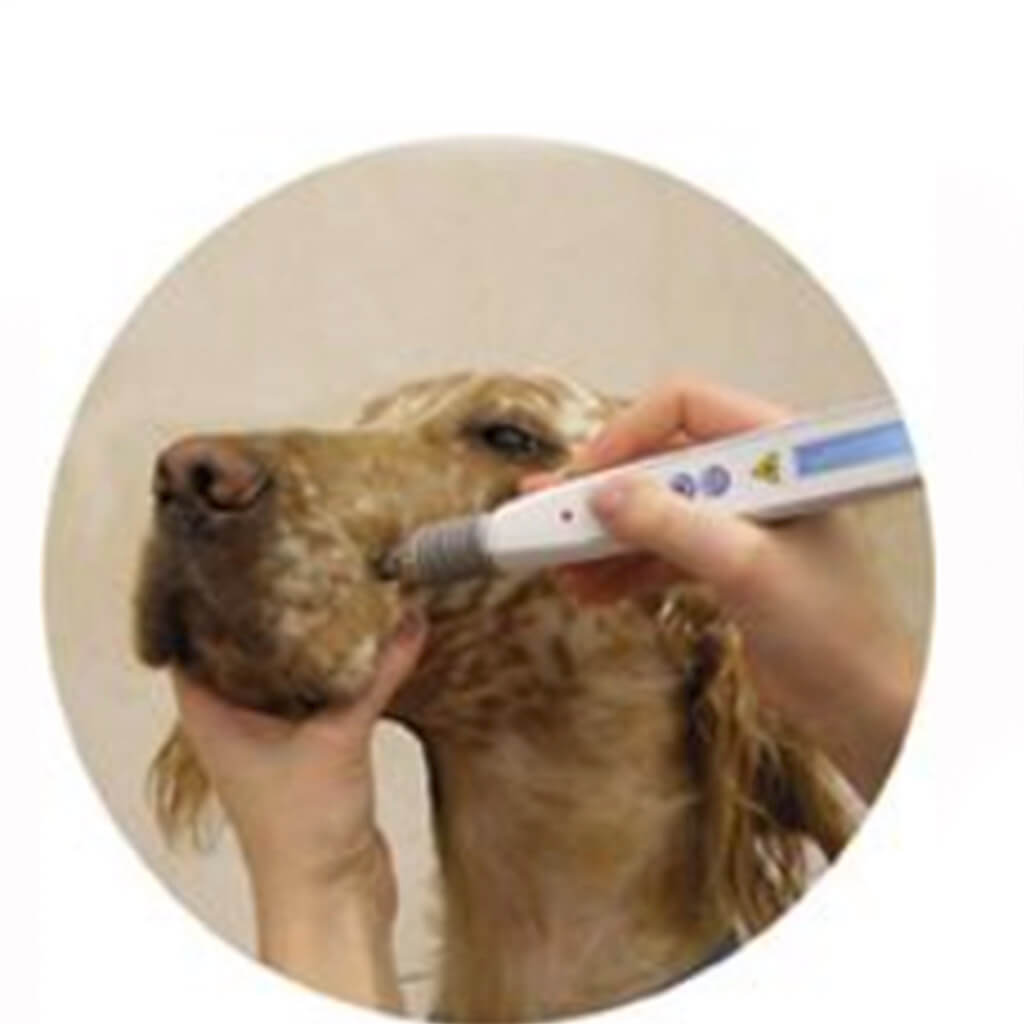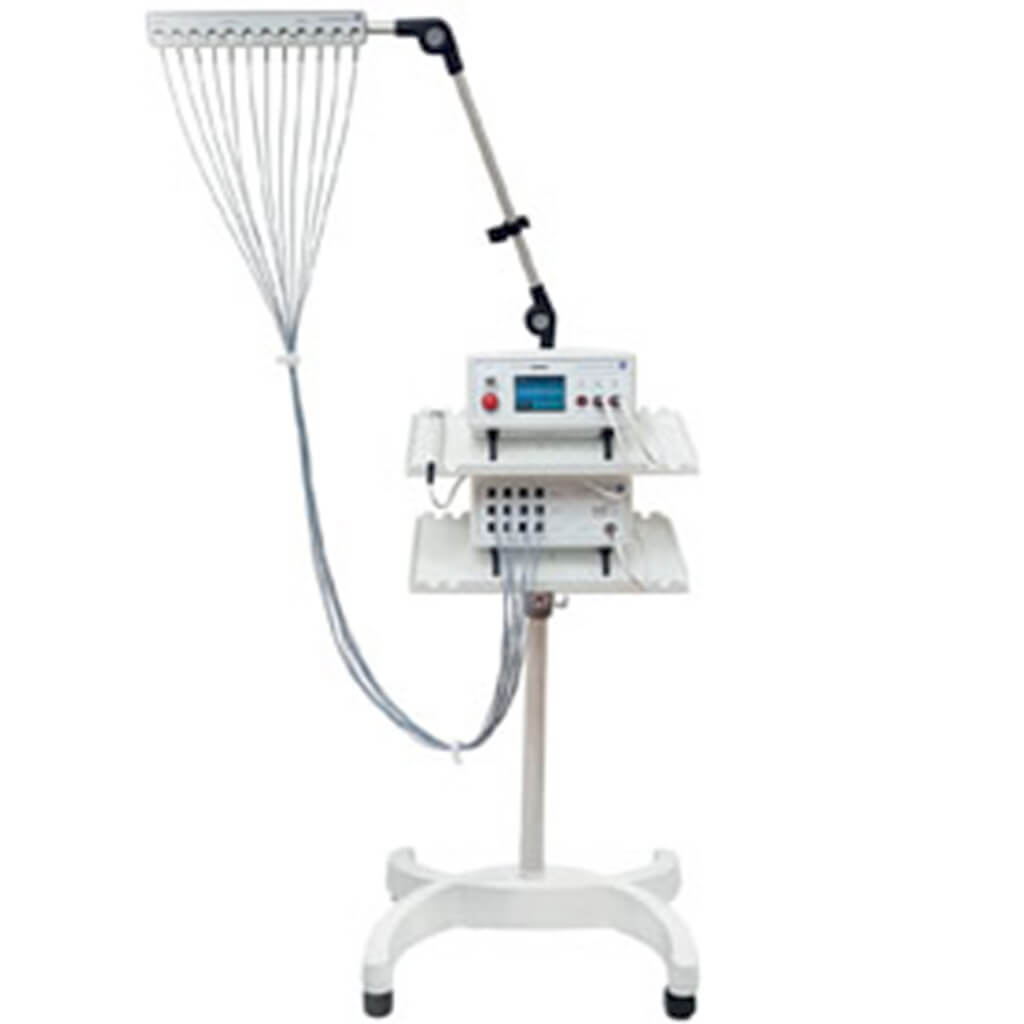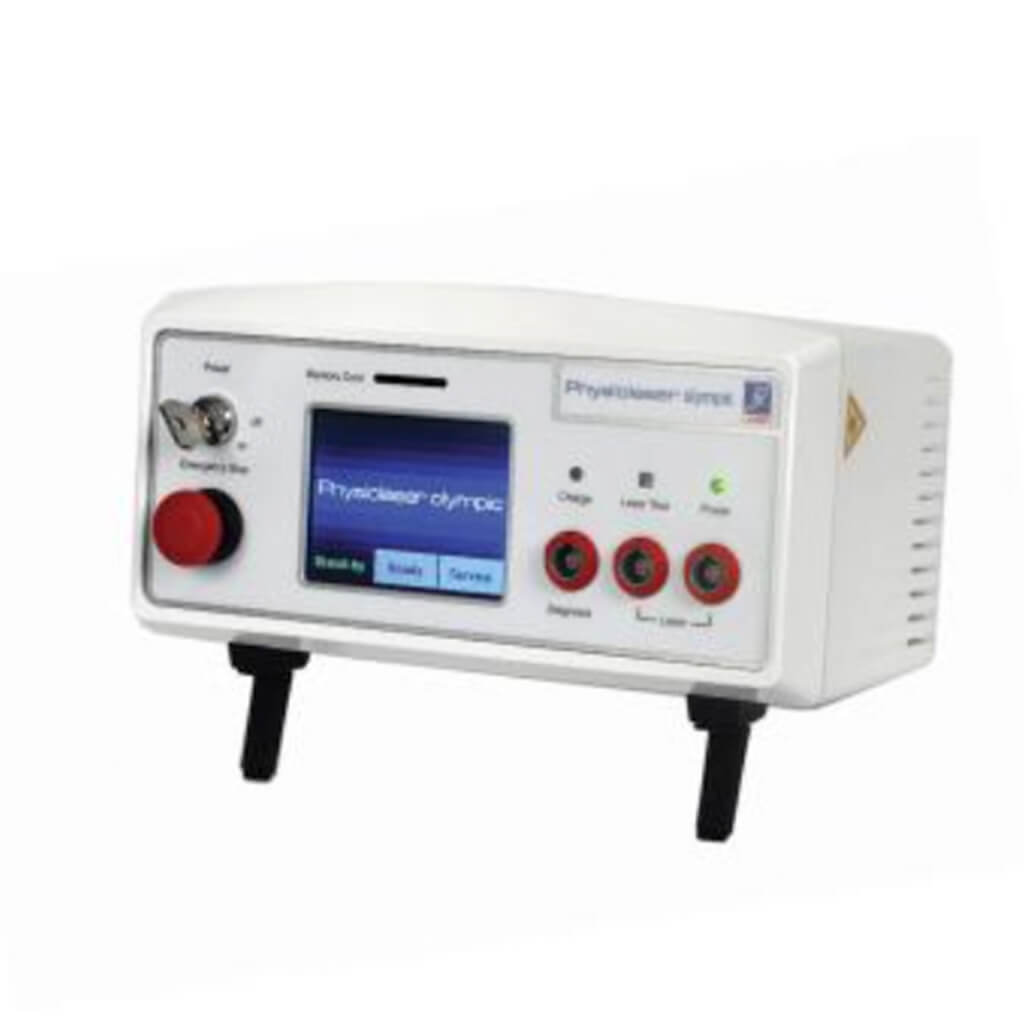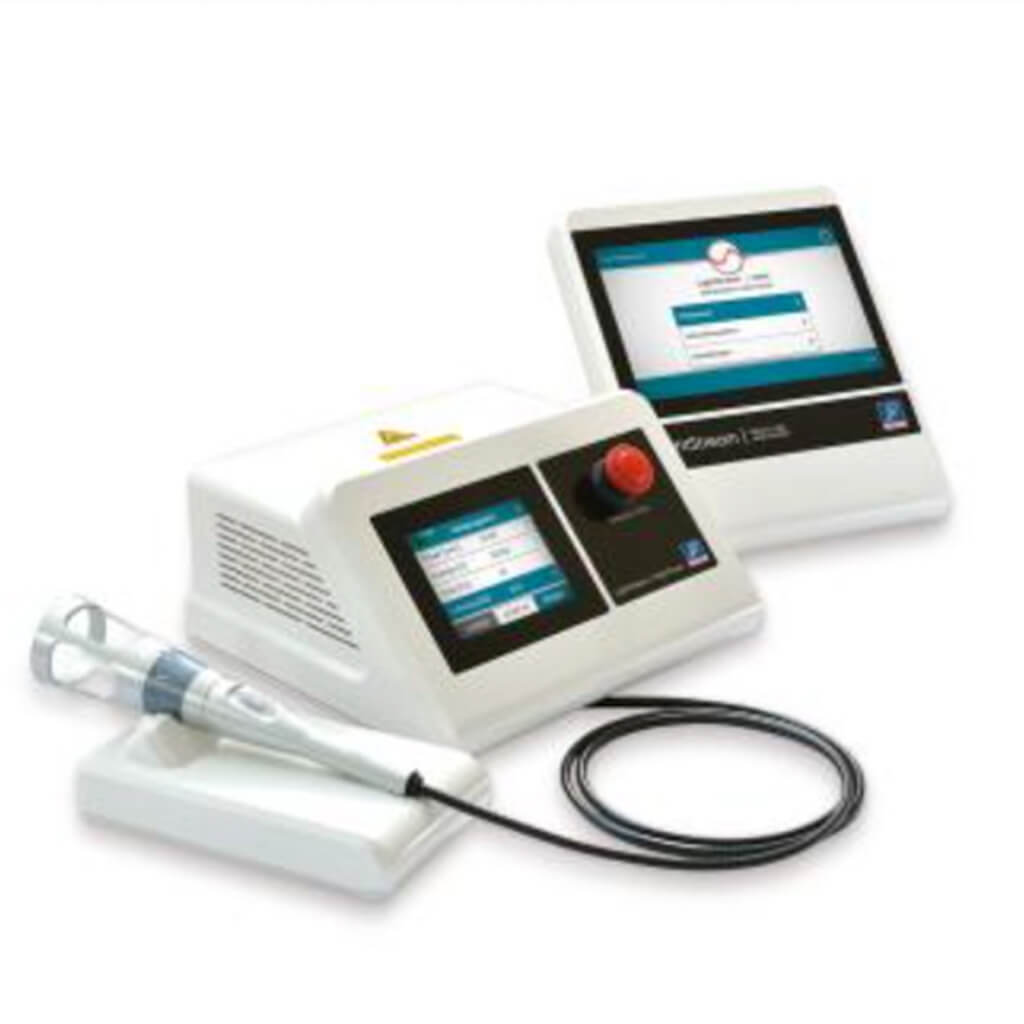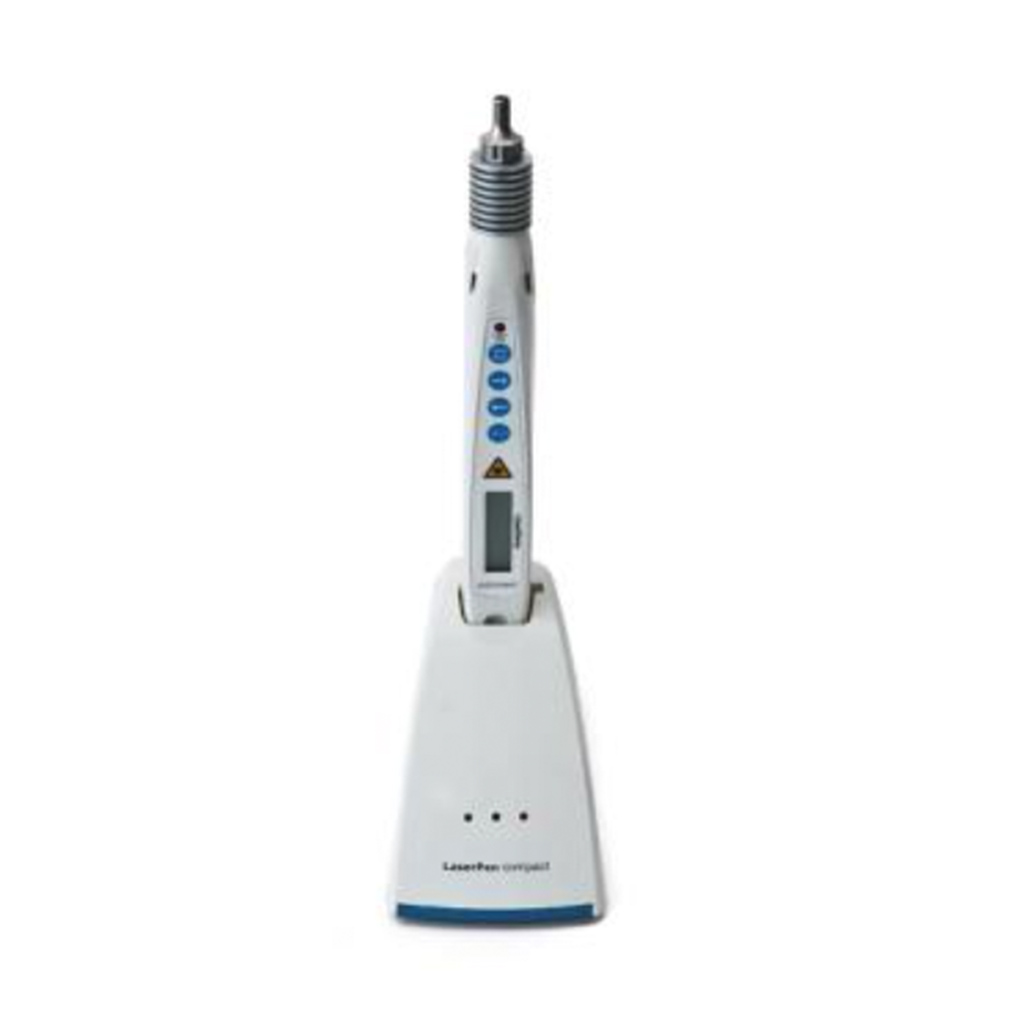food intolerance
Unraveling Their Impact on Health
Nutrition plays a vital role in our overall health, but with so many diets out there, it’s challenging to find one that truly suits everyone. Each of us is unique—our genetics, medical history, emotional experiences, and food sensitivities all shape what is right for our bodies. That’s why it’s crucial to discover the foods that best support your individual health.
In the 1950s, Dr. Paul Nogier, a pioneering French neurologist and the father of auricular medicine, uncovered a fascinating link between the ear and the body’s autonomic nervous system. By stimulating specific points in the ear, he noticed subtle changes in heart rate, a phenomenon known as the VAS (vascular autonomic signal). This response of the nervous system to various stimuli, such as light or substances, including food, can reveal individual sensitivities and intolerances.
How Does This Relate to Your Diet?
In auricular medicine, we can assess food sensitivities by observing the nervous system’s reaction to different foods. This method allows us to determine which foods are truly beneficial for your unique physiology, helping you tailor your diet for optimal health.
Introduction:
Welcome to our website dedicated to exploring the intricate relationship between food sensitivities and overall health. We believe in treating diseases at their root, and often, that root lies in our daily dietary choices. My name is Oren Ziv, and with over two decades of experience in acupuncture and Chinese medicine, I have witnessed the profound effects of diet on health. In recent years, I’ve delved into the world of auricular medicine, a fascinating field that can diagnose and treat ailments through the ear.
Auricular Medicine and Its Origins:
Auricular medicine gained recognition in the 1950s when Dr. Paul Nogia, a French doctor, extensively researched the ear’s ability to influence the entire body. His work, acknowledged by the World Health Organization, mapped the ear down to the cellular level and its connections to various parts of the brain. This groundbreaking research laid the foundation for understanding how our ears can help diagnose and treat health issues, including food sensitivities.
Diagnosing Food Sensitivities with Pulse Listening:
A central concept behind advanced food sensitivity diagnosis is that active acupuncture points emit electromagnetic fields, while inactive points do not. Every substance in the universe has its unique frequency and electromagnetic resonance, including the foods we consume. When our body’s nervous system detects an unsuitable substance, it triggers subtle changes in our pulse.
By exposing the body to different foods, we can determine whether they are suitable for us or not. This pulse-based diagnosis provides a highly accurate assessment, identifying organ imbalances and nutrient deficiencies. In many cases, the key to treating certain diseases lies in understanding the foods that trigger allergic reactions, which may manifest days after consumption.
Food Allergies and Sensitivities:
Food allergies are common and can develop. They can be caused by different foods like shellfish, fish, wheat, cow’s milk, eggs, soy products, and nuts. Beyond food allergies, sensitivities can also develop from medications, vaccines, and even allergy treatments like steroids and antihistamines.
Personalized Food Guidance:
Do you want to know which foods are beneficial for you and which to avoid? Are your food supplements and medications suitable for your unique body? We provide personalized guidance tailored specifically to you, not from generic tables or books but through thorough testing and adjustment.
The Impact of Food on Health:
The effect of food on health is undeniable. While some general principles exist (e.g., vegetables are good, processed foods are bad), there’s no universal “good” or “bad” food because individual responses to food vary. What’s beneficial for one person may not be for another, and this can change over time based on various factors.
Dr. Raphael Nogia’s Innovative Method:
Dr. Raphael Nogia, continuing his father’s legacy, has developed a method that assesses the nervous system’s response to foods using special filters. This test can reveal which foods increase toxicity in the body and their effects on specific organs. Unlike traditional skin-based tests, this approach is non-invasive and involves listening to the body’s pulse and nervous system reactions.
The Advantages of Food Sensitivity Identification:
Identifying foods that don’t suit your body offers several benefits:
Avoidance: You can steer clear of problematic foods.
Treatment: Imbalances can be addressed and corrected.
Awareness: You may find solutions to various health issues, from digestive problems to breathing difficulties and pain, by adjusting your diet.
Take the First Step Towards a Better Life:
We invite you to experience our food sensitivity diagnosis process. It’s a comfortable and gentle procedure without pain or discomfort. The insights gained can significantly improve your quality of life.
Contact Us:
Ready to embark on your journey toward better health through personalized food guidance? Contact our clinic to schedule a food sensitivity diagnosis session today.
Conclusion:
At OLÁ clinic, we combine ancient wisdom with modern techniques to address the root causes of health issues, with a particular focus on food sensitivities. Join us in discovering how the food you eat can create a healthier, more balanced life.
